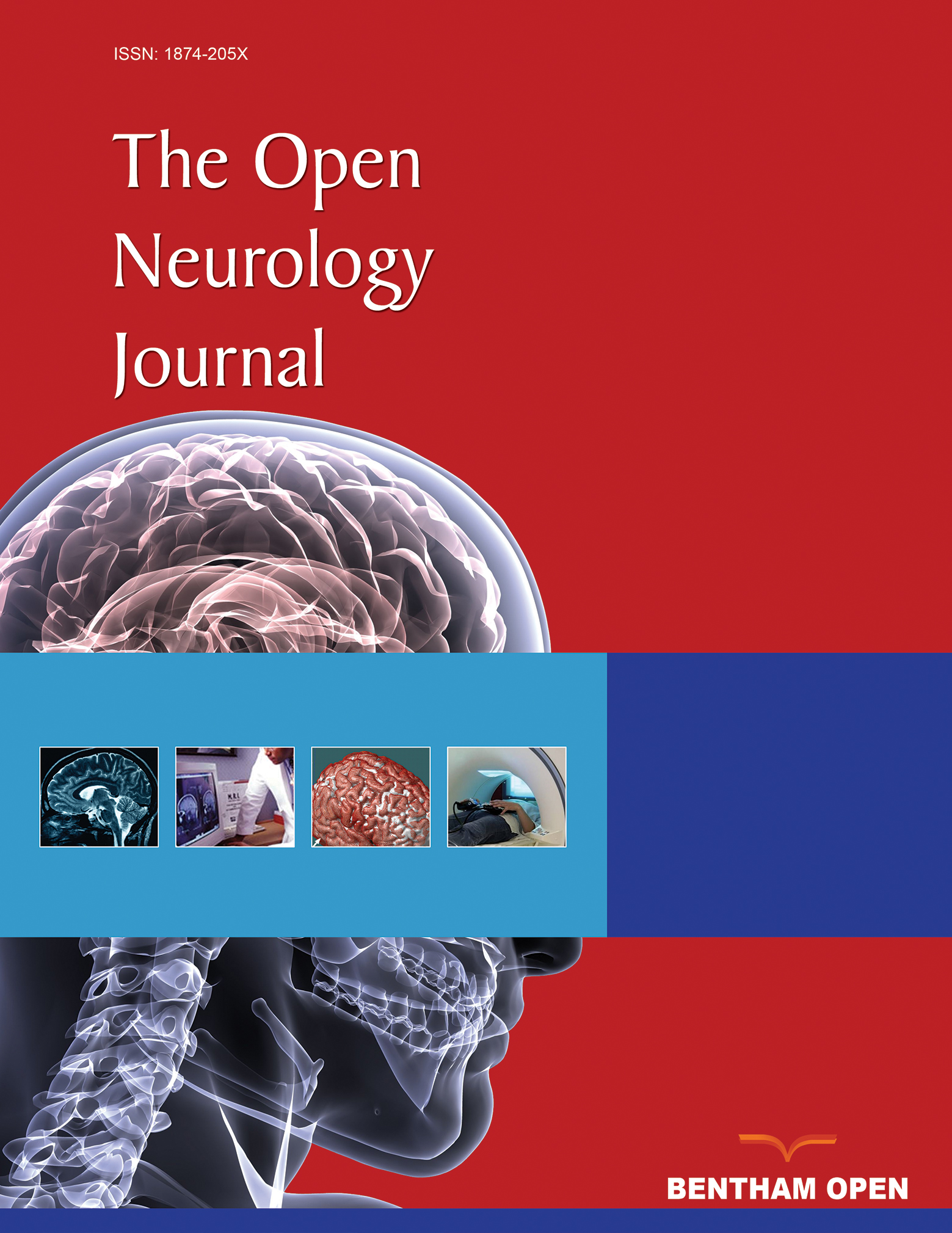Investigation Between the S377G3 GATA-4 Polymorphism and Migraine
Abstract
Migraine is a common and painful neurological disorder, with genetic and environmental components. Several conditions have been shown to be comorbid with migraine, notably a cardiac malformation affecting the interatrial septum and leading to patent foramen ovale (PFO). Mutations in the development regulatory gene GATA-4, located on human chromosome 8p23.1-p22, have been found to be responsible for some cases of congenital heart defects including PFO. To determine whether the GATA-4 gene is involved in migraine, the present study performed an association analysis of a common GATA-4 variant that results in a change of amino acid (S377G), in a large case/control population (275 unrelated Caucasian migraineurs versus 275 control individuals). The results showed that there was no significant association for this polymorphism between migraine and controls (χ² = 0.84, P = 0.66). Thus it appears that the GATA-4 (S377G) mutation does not play a significant role in common migraine susceptibility.


